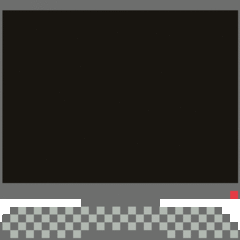Having Issues Running 4k@60hz. PC to TV
- Prev
- 1
- 2
- Next
- Page 2 of 2
- Prev
- 1
- 2
- Next
- Page 2 of 2

This topic is now closed to further replies.
Share
Followers
1


.jpg.5cc14cacf0bfa9d58de316927a37ec08.jpg)















